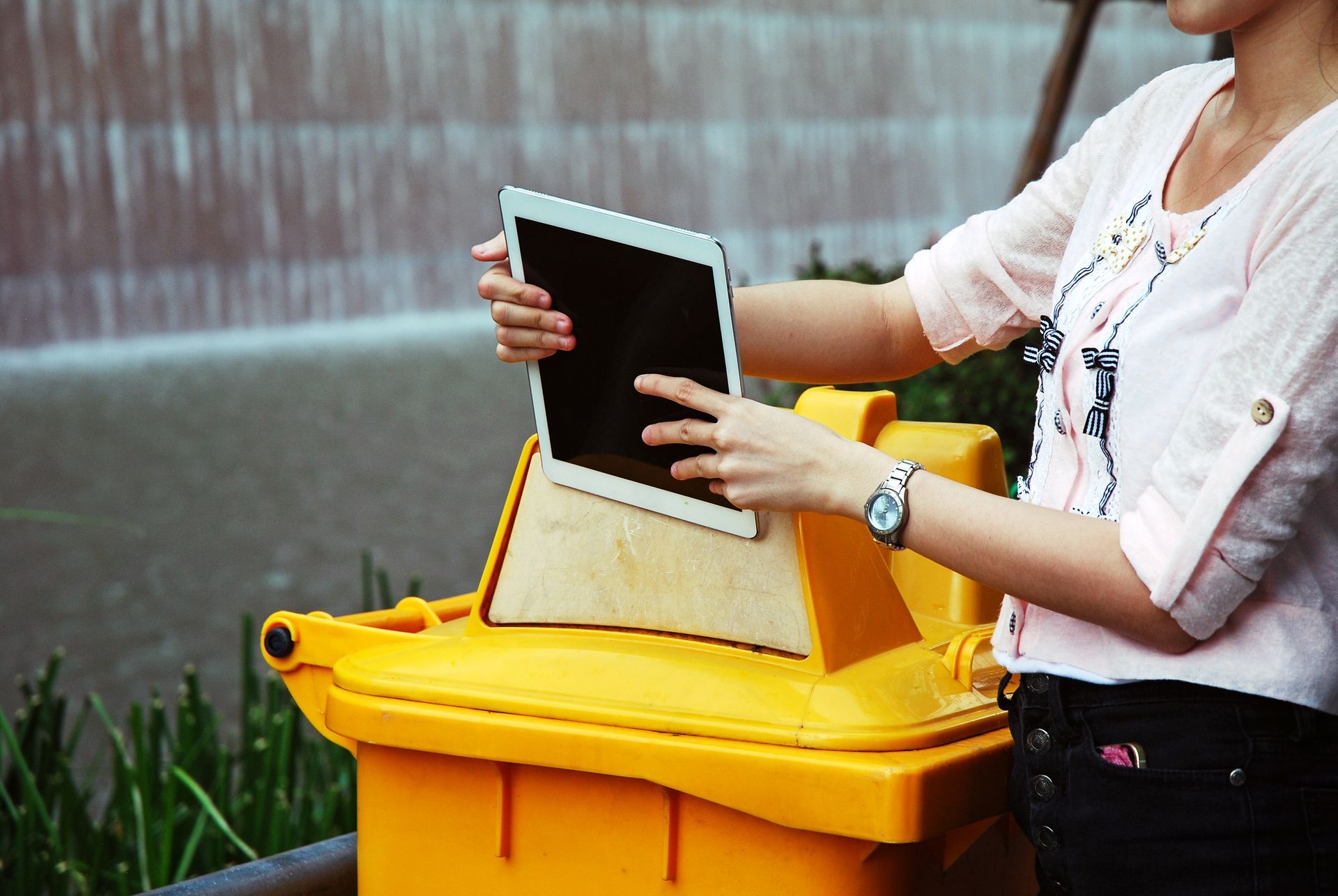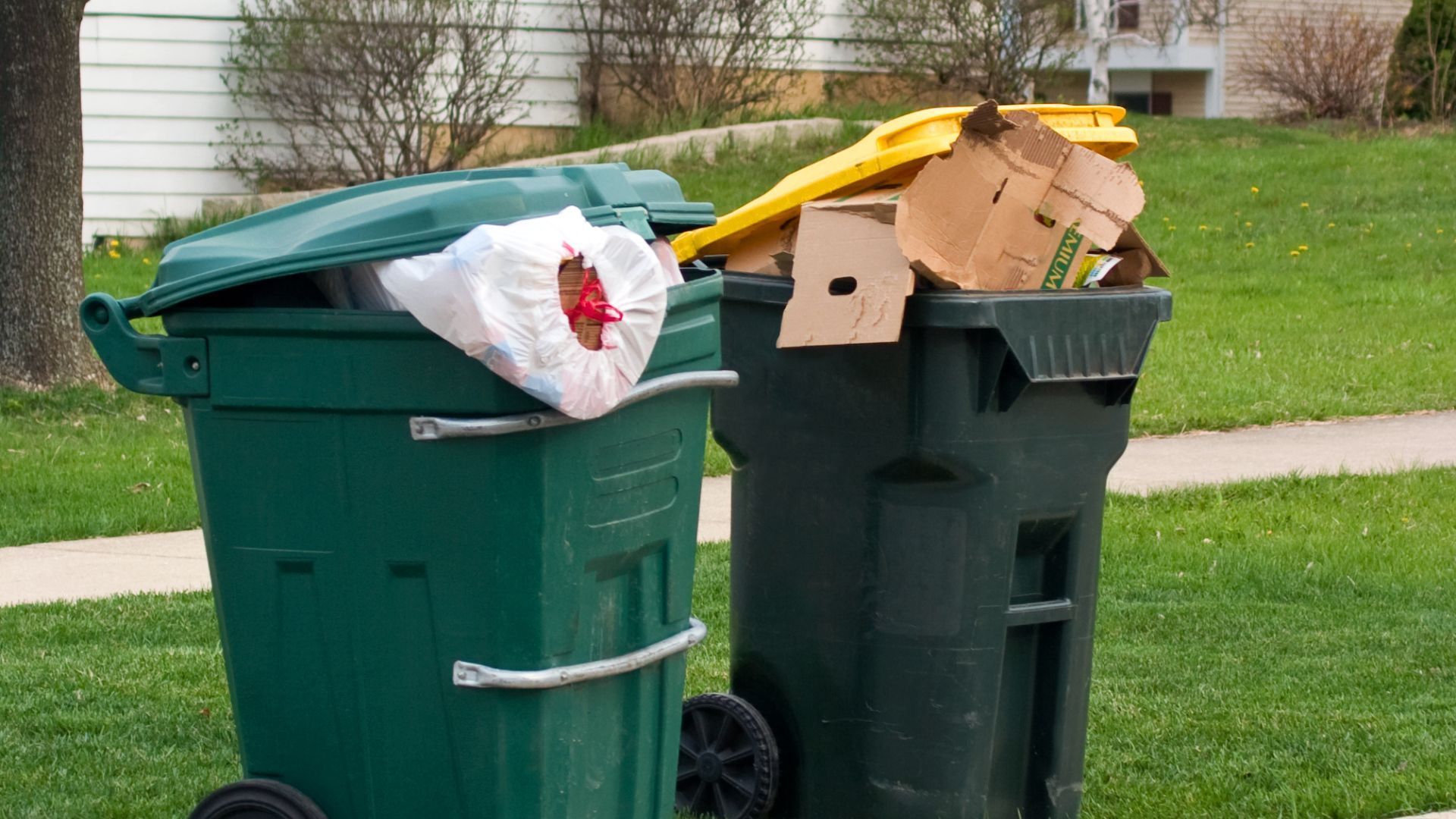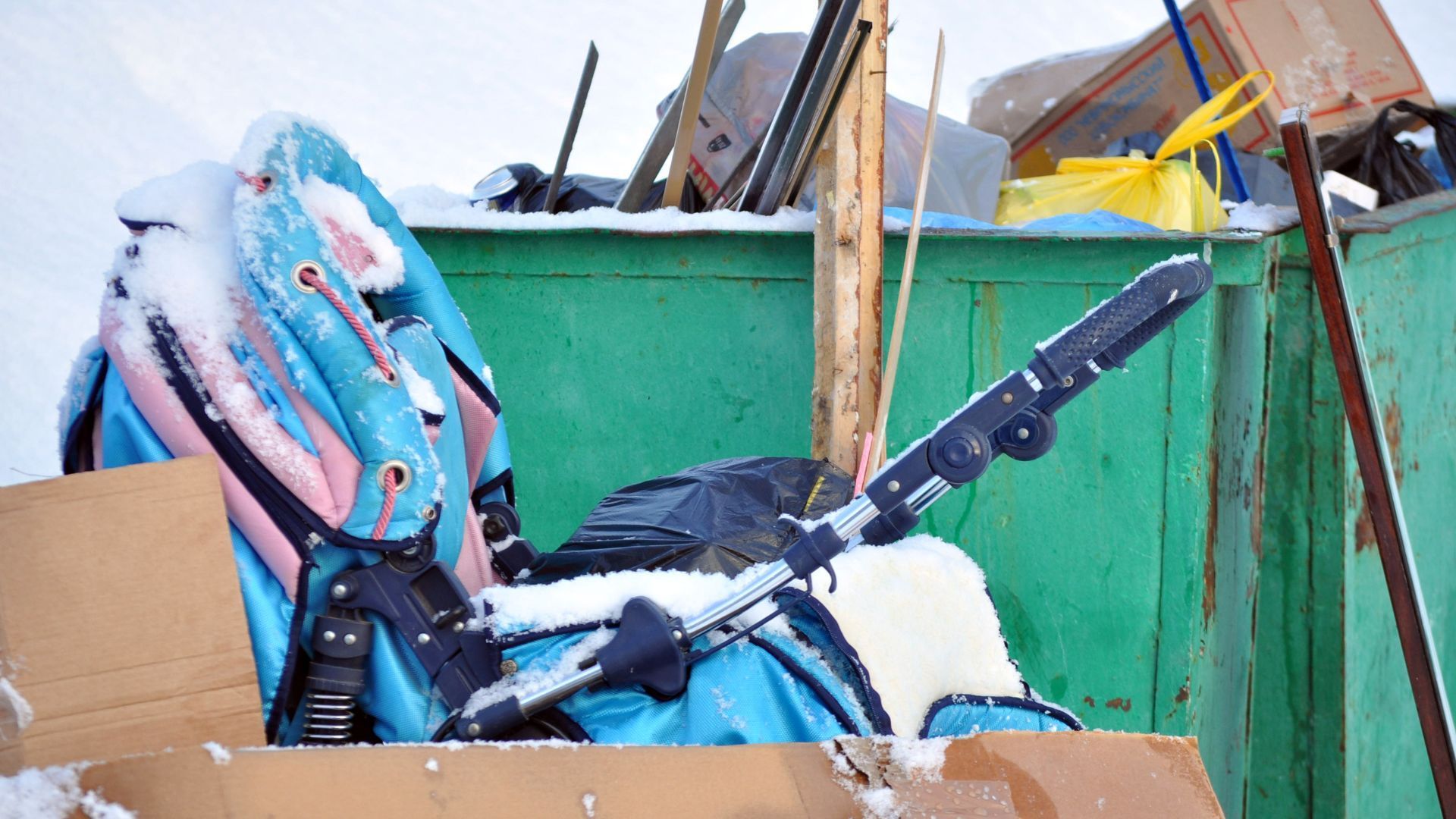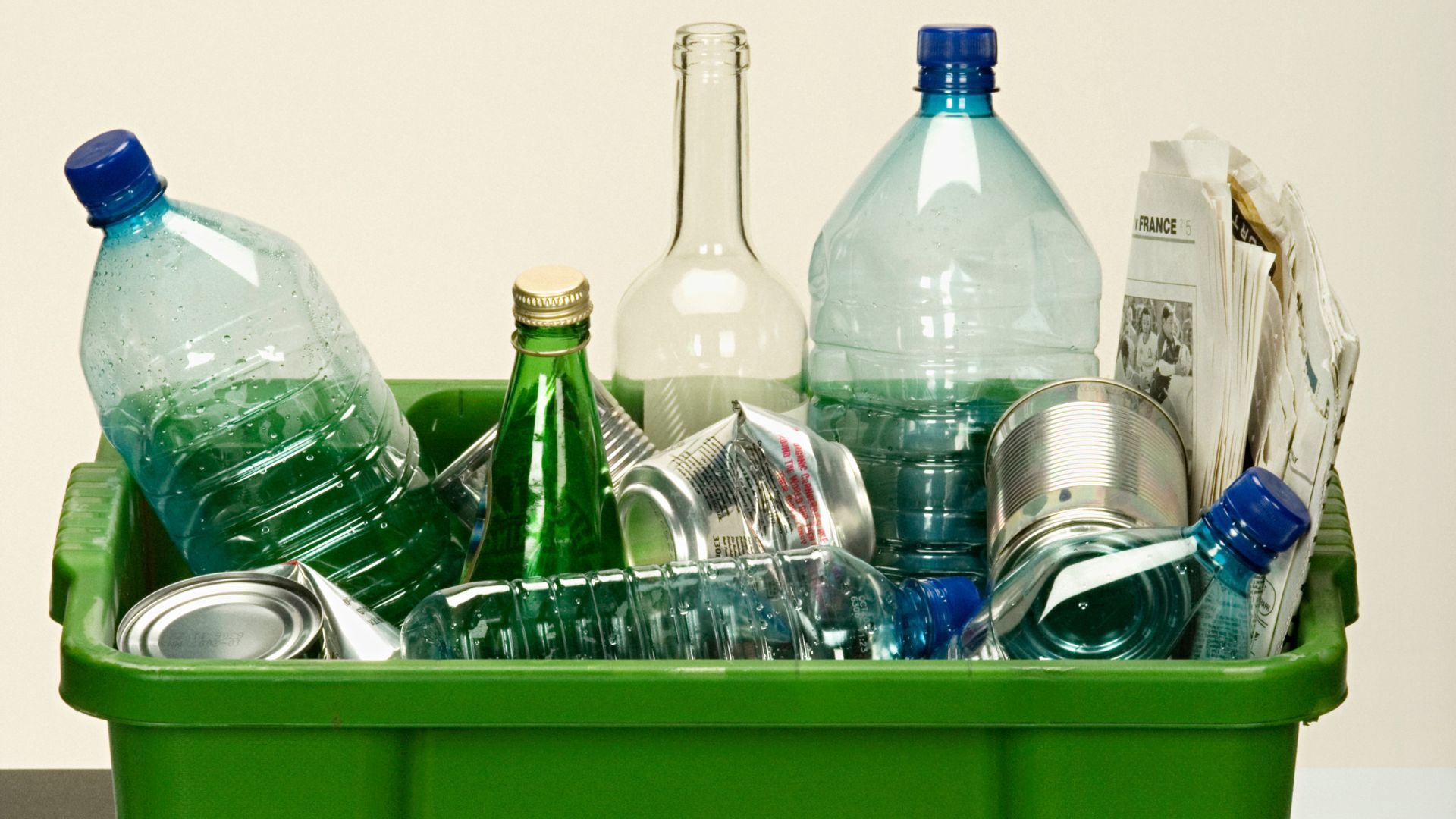How E-Waste Augusta Helps Cut Down Landfill Overflow
There’s a hidden menace tucked into drawers, closets, and garages all over Augusta: outdated electronics. From dusty laptops and tangled wires to defunct televisions and ancient smartphones, electronic waste—or e-waste—is rapidly becoming one of the fastest-growing waste streams in the world. But it’s not just clutter. When mishandled, these items leach toxic substances and overwhelm landfills already groaning under the weight of consumer excess. And that’s where responsible e-waste solutions in Augusta step in, cutting down landfill overflow and giving outdated tech a new lease on life—or at least a more thoughtful send-off.
The Unseen Crisis: Why E-Waste is a Landfill Nightmare
Unlike food scraps or yard clippings, e-waste doesn’t decompose gracefully. Old electronics are packed with materials that take decades—or centuries—to break down, if they ever do at all. That cracked tablet you threw out three years ago? It’s probably still sitting in a landfill, releasing trace metals like mercury, lead, and cadmium into the soil and groundwater. What’s worse, many landfills aren’t equipped to handle the chemical complexities of electronic waste.
Components corrode, batteries explode, and gases leak into the air. Multiply that by thousands of households, and you’ve got a toxic time bomb that affects public health, contaminates natural ecosystems, and intensifies the overflow crisis. The clutter is more than unsightly—it’s chemically unstable. Augusta’s role in this issue isn’t minor. As the city grows, so does its digital footprint, and with it comes an inevitable surge in discarded tech. Without intervention, landfills can’t keep up. That’s why targeted e-waste solutions are no longer a luxury. They’re a necessity.
From Discard to Reclaim: The Lifecycle of Recycled Electronics
The process of e-waste recycling in Augusta isn’t just about carting away yesterday’s gadgets. It’s a multifaceted system that begins with retrieval and ends with reinvention. First, electronics are collected—often sorted separately from general junk or household trash. These items are then inspected and disassembled, often by hand, to salvage what’s usable. Circuit boards, rare earth metals, plastics, and glass are carefully extracted.
Not every component is recyclable, but many are surprisingly reusable when properly handled. These materials get redirected into manufacturing streams, where they’re reborn in new electronics, batteries, or even vehicles. This cycle drastically reduces the need for raw material extraction, which has its own heavy environmental toll. Mining for cobalt or lithium, for instance, not only destroys ecosystems but also consumes enormous amounts of energy. By reintroducing old materials into the production chain, e-waste recycling conserves resources and shrinks the ecological footprint of future tech—one gadget at a time.
Why Landfills Overflow Without E-Waste Management
Imagine if every discarded smartphone or flat-screen TV in Augusta went straight to the dump. The volume alone would be staggering, but that’s only the beginning. The physical space consumed by these items is considerable, but it’s the cascading consequences of ignoring e-waste that truly clog the system.
Each improperly discarded device adds to the strain on waste infrastructure. Batteries swell and burst, releasing flammable gases. Plastic components break down into microplastics, embedding themselves in surrounding environments. Toxic substances seep out, demanding costly cleanup efforts and threatening local habitats. Overflow isn’t just visual—it's chemical, logistical, and financial. Without a dedicated effort to divert e-waste, city landfills would spiral toward a crisis point. Waste management systems need breathing room, and e-waste recycling helps create it.
Job Creation and Economic Growth Through E-Waste Solutions
Beyond the environmental benefits, recycling electronics in Augusta has another surprising ripple effect: job creation. The process of e-waste management—from collection and sorting to dismantling and processing—requires human hands, specialized knowledge, and logistical support. That means employment.
Technicians, drivers, sorters, refurbishers, IT asset managers, and more all play a role in the lifecycle of electronic waste. Each item dropped off isn’t just garbage—it’s an opportunity. It’s a way for communities to build localized green economies that reward environmental responsibility.
When residents participate in e-waste programs, they don’t just clear their homes—they fuel a sector that employs locals, stimulates new industries, and builds economic resilience. It’s sustainability with a paycheck attached.

Safer Homes and Smarter Disposal
Keeping old electronics around isn’t just an aesthetic issue—it can be downright dangerous. Devices with internal batteries pose a fire risk when stored improperly. Over time, batteries can degrade and become unstable, especially in humid or hot environments. A forgotten laptop on a garage shelf might seem harmless until it’s not.
By responsibly disposing of electronics through local Augusta services, homeowners remove these hazards from their living space. It’s an investment in home safety—one that protects families, pets, and property. Moreover, smart disposal ensures data safety. Devices like phones, tablets, and computers often contain sensitive information long after they've been powered off. Proper disposal services often include secure data destruction protocols to prevent identity theft or privacy breaches. That’s something no curbside trash bin can guarantee.
Augusta’s Role in a Global Movement
The momentum behind smarter e-waste management isn’t limited to big cities or environmental hubs—it’s a collective wave, and Augusta stands as a vital node in that network. While global concerns about pollution and resource scarcity continue to rise, local action remains the backbone of meaningful change. Augusta’s commitment to recycling and reclaiming electronic waste is more than just a citywide initiative—it’s a contribution to a worldwide movement.
With its rich blend of residential, commercial, and industrial development, Augusta generates a diverse array of e-waste that mirrors what’s seen globally. This makes it a prime location for scalable, adaptive recycling strategies. As these practices develop locally, they become case studies—working models that other communities can replicate. In this way, Augusta becomes not just a participant in global sustainability, but a leader guiding others toward smarter, cleaner futures.
The Digital Divide: Donation Over Disposal
There’s a powerful alternative to tossing electronics in the trash or even recycling them: donating. Many devices that no longer serve one user could still offer immense value to another. In Augusta, e-waste management includes the vital option of reuse—where laptops, tablets, and smartphones are tested, refurbished, and redirected to underserved individuals or community programs. This not only keeps functional tech out of landfills but also plays a significant role in bridging the digital divide.
Think of a student who lacks access to technology for school or a nonprofit that needs basic computers to operate. These are real, ongoing needs that can be met through donated electronics. Rather than dismantling and melting down these items, giving them a second life extends their usefulness and reduces the burden on recycling facilities. It’s a double win: one for the environment and one for social equity. Augusta’s participation in these donation networks reflects a deeper understanding of sustainability—not just ecological, but human-centered and community-focused.
Myths That Keep People from Recycling E-Waste
Despite the clear environmental and community benefits, many people still hesitate to recycle their electronics—and misinformation is often the culprit. One persistent myth is that small electronics, like old chargers or outdated phones, are insignificant. But even a drawer full of tiny cords adds up quickly, especially as tech turnover accelerates. What seems like clutter to one household can become part of a growing, citywide mountain of electronic waste.
Another myth? That e-waste recycling is too complicated or costly. In reality, services in Augusta have made it remarkably easy. With designated drop-off points, scheduled pickups, and guidance throughout the process, it’s designed to be accessible. Costs are often minimal or free, especially when compared to the long-term environmental damage of improper disposal. The issue isn’t feasibility—it’s awareness. Dispelling these myths is essential. Once residents understand the real simplicity and impact of proper e-waste recycling, participation increases.
Smarter Tech, Smarter Disposal
The design of modern electronics is evolving—fueled by the need for sustainability and recyclability. Manufacturers are stepping up, crafting products that use fewer toxic materials and are easier to disassemble. But these thoughtful design improvements can only have an environmental impact if end-users follow through with proper disposal. That’s where Augusta’s evolving e-waste infrastructure comes in, supporting the full lifecycle of smarter tech. Today’s electronics often include modular components that can be individually recycled or reused.
Battery casings are safer, plastics are more easily separated, and many metals are less hazardous than in years past. Still, if these devices are tossed into household trash, that innovation is wasted. Recycling services in Augusta are equipped to process these materials according to current standards—ensuring that smarter design isn’t lost in a dumb disposal.
Conclusion
Augusta’s commitment to addressing electronic waste goes far beyond simple disposal—it represents a shift in how the community approaches modern clutter, technological excess, and environmental responsibility. Each time a phone is handed off for recycling, a television is properly disposed of, or a forgotten battery is removed from a junk drawer, residents are actively contributing to a cleaner, more conscious city. These small but powerful actions are chipping away at the growing crisis of landfill overflow. They’re not just making space in our local landfills; they’re making space in our lives for more thoughtful consumption, more sustainable habits, and a future less burdened by the waste of yesterday’s tech.
If you're ready to be part of this positive change, there's a trusted name leading the charge in Augusta’s e-waste solutions. Hinkins Disposal offers professional, convenient, and eco-conscious electronic recycling services that help households and businesses do their part. Whether you’re cleaning out old devices or managing regular tech disposal, they make the process seamless. For more information or to schedule a pickup, contact Hinkins Disposal at (706) 885-4032 or email them directly at Hinkinsdisposal@gmail.com. Located in Augusta, GA, they’re here to help you clear the clutter and protect the planet.




